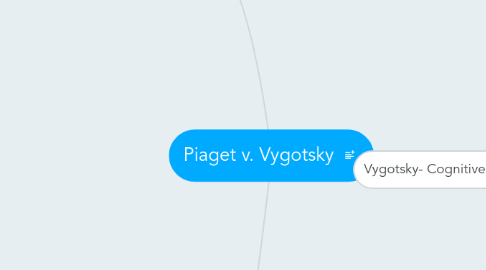
1. 8th grade Vocab, Reading, Writing intervention
1.1. Vocabulary
1.1.1. Typical development
1.1.1.1. Comprehend grade level vocabulary
1.1.1.2. Application of vocabulary
1.1.1.3. Using context clues to determine meaning
1.1.2. Atypical development
1.1.2.1. Inteventions
1.1.2.1.1. RtI
1.1.2.1.2. Tutoring
1.1.2.1.3. Interactive website such as www.freerice.com
1.1.2.1.4. Reading improves vocabulary
1.1.2.1.5. Vocabulary programs such as Vocabulit
1.1.2.2. Below grade level vocabulary
1.1.2.3. Difficulty with pronunciation/fluency
1.1.2.4. Inability to use context clues to determine meaning
1.2. Reading
1.2.1. Typical development
1.2.1.1. Inferencing
1.2.1.2. Using textual evidence to answer essay questions
1.2.1.3. Grade level reading assignments
1.2.1.4. Drawing conclusions
1.2.1.5. Finding answers to comprehension questions in text
1.2.2. Atypical development
1.2.2.1. Interventions
1.2.2.1.1. RtI
1.2.2.1.2. Tutoring
1.2.2.1.3. Project Read, SRA, or another remedial program
1.2.2.1.4. Involving parents
1.2.2.1.5. Rewards for reading a set amount of minutes (Book-It, 600 minutes, etc.)
1.2.2.2. Fluency below grade level
1.2.2.3. Comprehension below grade level
1.2.2.4. Vocabulary below grade level
1.2.2.5. Inability to think abstractly/hypothetically
1.3. Writing
1.3.1. Typical development
1.3.1.1. 3-5 paragraphs on a given topic
1.3.1.2. Introduction, 3 body paragraphs, conclusion
1.3.1.3. Fluent writing with minimal spelling and grammatical errors.
1.3.1.4. Ability to revise and edit drafts
1.3.2. Atypical development
1.3.2.1. Interventions
1.3.2.1.1. RtI
1.3.2.1.2. Tutoring
1.3.2.1.3. Project Read or another remedial program
1.3.2.1.4. Interactive websites such as www.grammarninja.com
1.3.2.1.5. Use of graphic organizers
1.3.2.2. Spelling errors
1.3.2.3. Grammatical errors
1.3.2.4. Inability to organize thoughs
1.4. Piaget: students are in formal operational stage and have the ability to think abstractly
1.4.1. Teach inferencing, drawing conclusions, etc.
1.5. Vygotsky- children can work cooperatively, adults provide scaffolding, zone of proximal development.
1.5.1. Teachers can provide scaffolding by having writing/reading conferences with students.
1.5.2. Students can work cooperatively to edit/revise drafts, reading circles, etc.
2. Piaget- Cognitive Development
2.1. Stages
2.1.1. Sensorimotor (birth to 2): infants explore their world using their senses and motor skills
2.1.2. Preoperational (2 to 7): children gain the ability to think using symbols; egocentric
2.1.3. Concrete operational (7 to 11): children's thought patterns are concrete. They have difficulty with abstract thinking.
2.1.4. Formal Operational (11 to adult): can think abstractly and hypothetically
2.2. Key ideas
2.2.1. development precedes learning
2.2.2. Schemes- patterns of behavior and thinking
2.2.2.1. adaptation- adapting schemes to fit what is already known
2.2.2.2. assimilation- existing schemes
2.2.2.3. accommodation- changing an existing scheme
3. Vygotsky- Cognitive Development
3.1. Key ideas
3.1.1. learning precedes development
3.1.2. private speech- child's thoughts
3.1.3. zone of proximal development- learning takes place within a zone (time period)
3.1.4. scaffolding- adults assist child by keying in on prior knowledge
3.1.5. cooperative learning- children help each other learn
